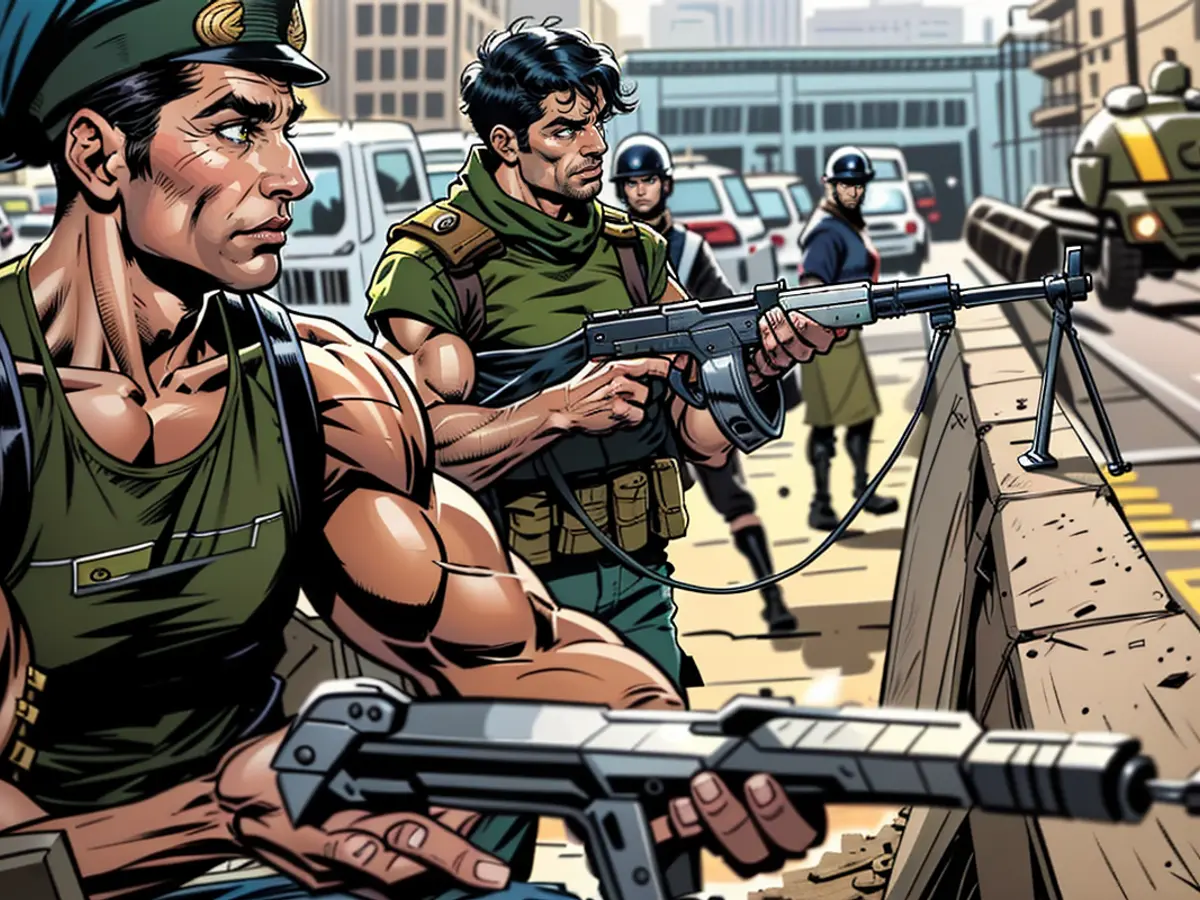Collisions - Protests in Bangladesh: Court reverses quota system
Following deadly clashes between demonstrators and the police in Bangladesh, the highest court in Dhaka has partially reversed the reintroduction of a controversial quota system in the public sector. The plans had sparked persistent violent student protests.
From now on, 93% of the appointments should be based on merit, the court decided on Sunday, according to BBC Bangla. This follows at least partially the demands of the protesters. The remaining 7% will come under a quota system and will primarily be reserved for descendants of soldiers who fought for the country's independence in 1971, the judges decided.
The previous system saw 30% of the positions reserved for war veterans, and overall, more than half of the positions were reserved for certain groups. Observers believed this regulation favored supporters of the long-ruling Prime Minister Sheikh Hasina. In a country with over 170 million inhabitants, unemployment and inflation are high. Government jobs are usually well-paid.
Since the violence began on Tuesday, more than 100 people have died in the protests, BBC Bangla reported, citing newspapers "Prothom Alo" and "The Daily Star." Current reports from these and other local media were not accessible online over the weekend. The government had largely shut down internet, phone, and SMS connections. The official death toll was not confirmed.
Since Friday midnight, there has been a nationwide curfew in the country, and the army is deployed throughout. Despite this, there were reports of sporadic violent incidents on Saturday. According to BBC Bangla, the curfew was to be eased between 3 PM and 5 PM (local time) today, so that people could attend to important errands.
- The violent student demonstrations in Bangladesh, sparked by the reintroduction of a quota system, have led to significant disturbances in the political arena.
- The BBC reported that the Highest Court in Dhaka, after the collision of politics and public unrest, decided to partially reinstate the quota system but with revised percentages.
- Following the court's decision on Sunday, some protesters expressed their satisfaction, hoping it would reduce the polarization in Bangladeshi society.
- Despite the curfew and military deployment, there were reports of demonstrations continuing in parts of Dhaka, causing further disturbances across the city.
- The controversy surrounding the quota system and the resulting politics of protest have been a topic of discussion on international platforms, including the BBC, shedding light on the complexities of Bangladesh's political landscape.








